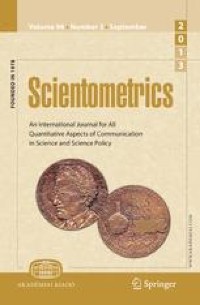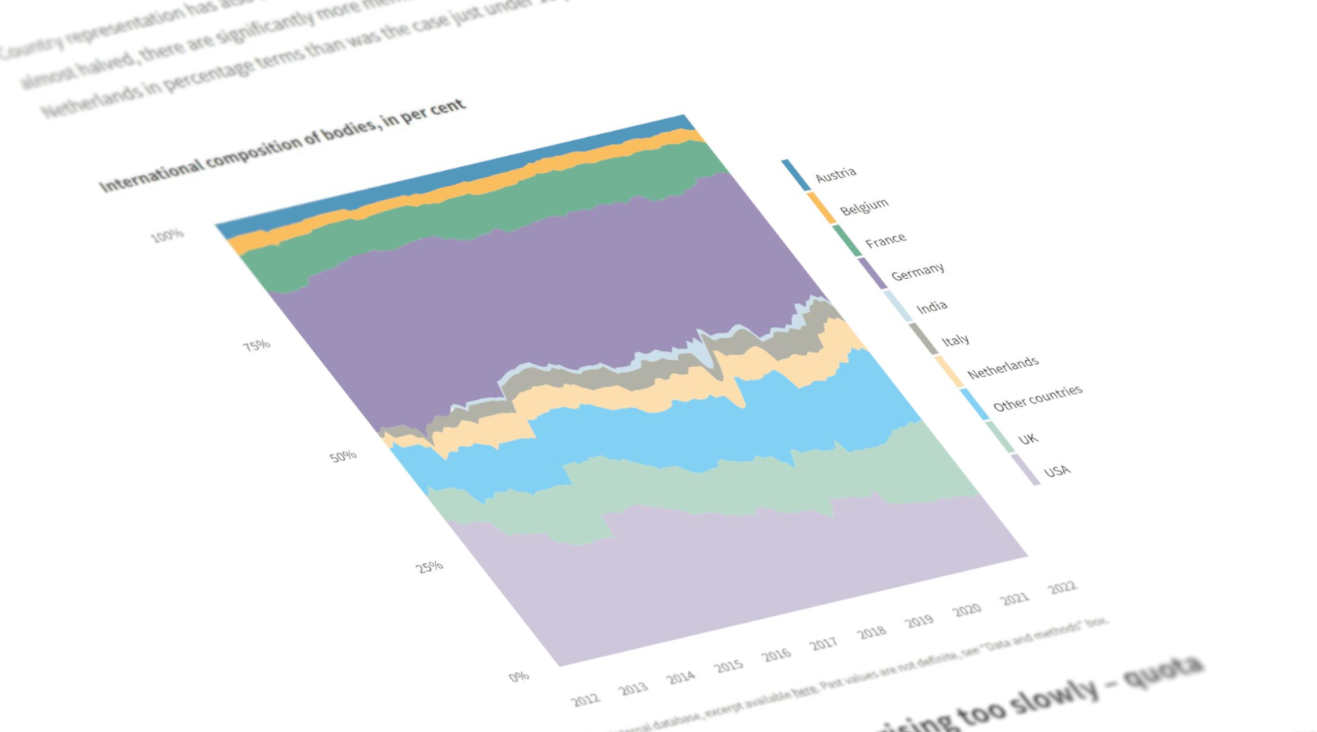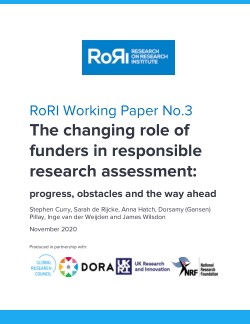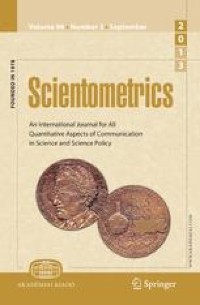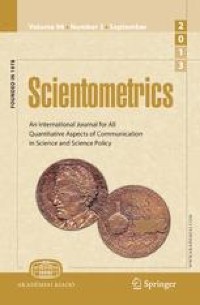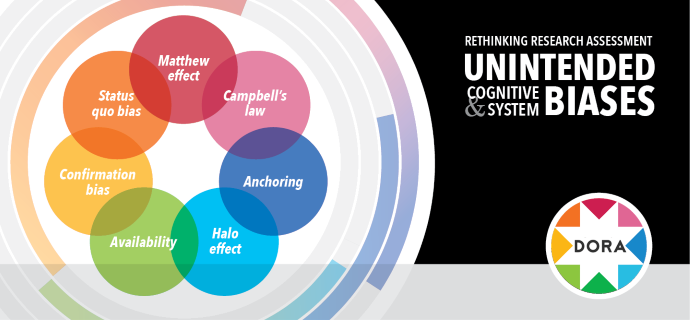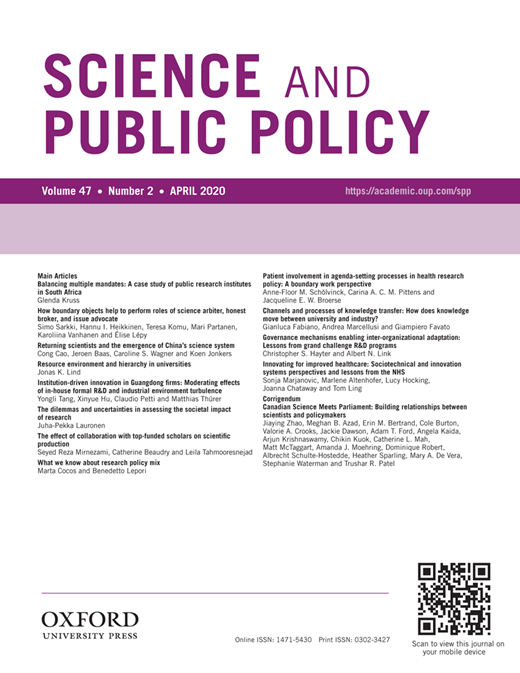Nations the world over are increasingly turning to quantitative performance-based metrics to evaluate the quality of research outputs, as these metrics are abundant and provide an easy measure of ranking research. In 2010, the Danish Ministry of Science and Higher Education followed this trend and began portioning out a percentage of the available research funding according to how many research outputs each Danish university produces. Not all research outputs are eligible: only those published in a curated list of academic journals and publishers, the so-called BFI list, are included. The BFI list is ranked, which may create incentives for academic authors to target certain publication outlets or publication types over others. In this study we examine the potential effect these relatively new research evaluation methods have had on the publication patterns of researchers in Denmark. The study finds that publication behaviors in the Natural Sciences & Technology, Social Sciences and Humanities (SSH) have changed, while the Health Sciences appear unaffected. Researchers in Natural Sciences & Technology appear to focus on high impact journals that reap more BFI points. While researchers in SSH have also increased their focus on the impact of the publication outlet, they also appear to have altered their preferred publication types, publishing more journal articles in the Social Sciences and more anthologies in the Humanities.


